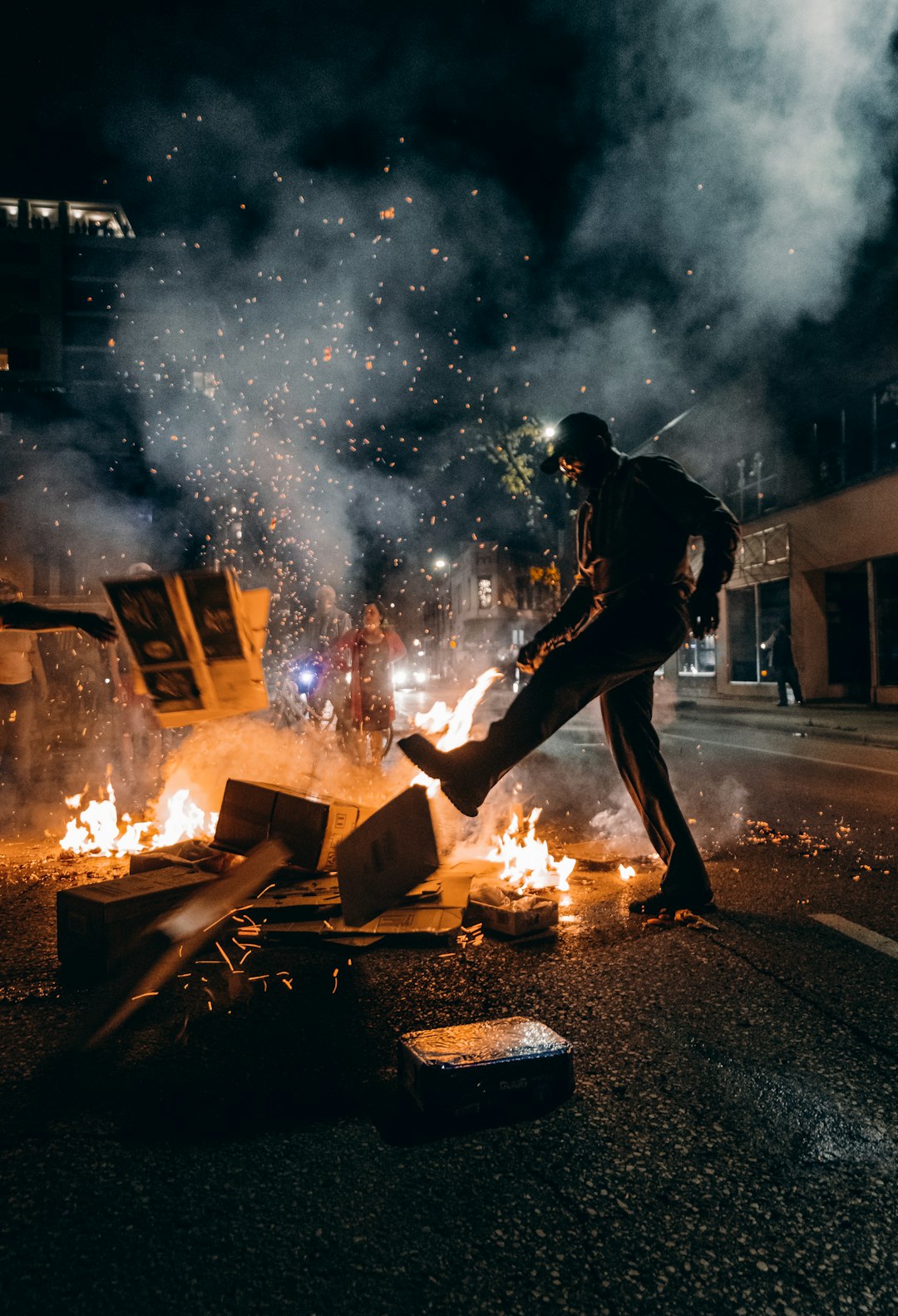**Mississippi Educators Face Challenges Teaching Holocaust History Amid New Race Education Restrictions**
A new law in Mississippi prohibiting educational content that increases awareness of racial issues is creating complications for teachers, particularly in conveying the complex historical realities of the Holocaust. This legislation has prompted educators to question how they can effectively teach significant historical events while adhering to the newly imposed constraints.
Passed earlier this year, the law aims to restrict classroom discussions and materials deemed as promoting “race-related” content. While its proponents believe it will help promote a more neutral approach to history, educators argue it threatens an in-depth understanding of critical historical and cultural narratives. This has particularly affected the teaching of the Holocaust, a historical event inextricably linked to issues of race and discrimination.
“The Holocaust is a pivotal event that cannot be fully comprehended without acknowledging the racial ideologies that fueled it,” said Sarah Cunningham, a history teacher from Jackson, Mississippi. “By limiting discussions on race, we are risking a generation of students growing up without a clear understanding of the atrocities that were committed and the reasons behind them.”
Educators across the state are grappling with the implications of this law, seeking ways to comply while still providing a comprehensive education. Many are looking to incorporate materials and discussions that focus on broader human rights topics, hoping to indirectly address the necessary racial elements of historical events.
However, the ambiguity of the law creates a challenging environment for teachers aiming to navigate its requirements. “The fear of potential repercussions is making teachers cautious,” explained Mark Harris, a legal advisor for the Mississippi Educational Association. “The result is a chilling effect on education, where teachers might avoid critical topics altogether.”
Students and parents are also raising concerns about the educational impact. “We cannot shelter students from the realities of history,” emphasized Dianne Mitchell, a parent with children in the Mississippi public school system. “Understanding our past, with honesty about its challenges and injustices, is essential for creating a better future.”
As the debate continues, educators are calling for clarity and support to ensure that their teaching can both comply with the law and maintain the integrity of historical education. The struggle to balance legal mandates with educational responsibilities highlights the ongoing conflict over how history, race, and culture are taught in American classrooms.
Source: thebulwark.com.

